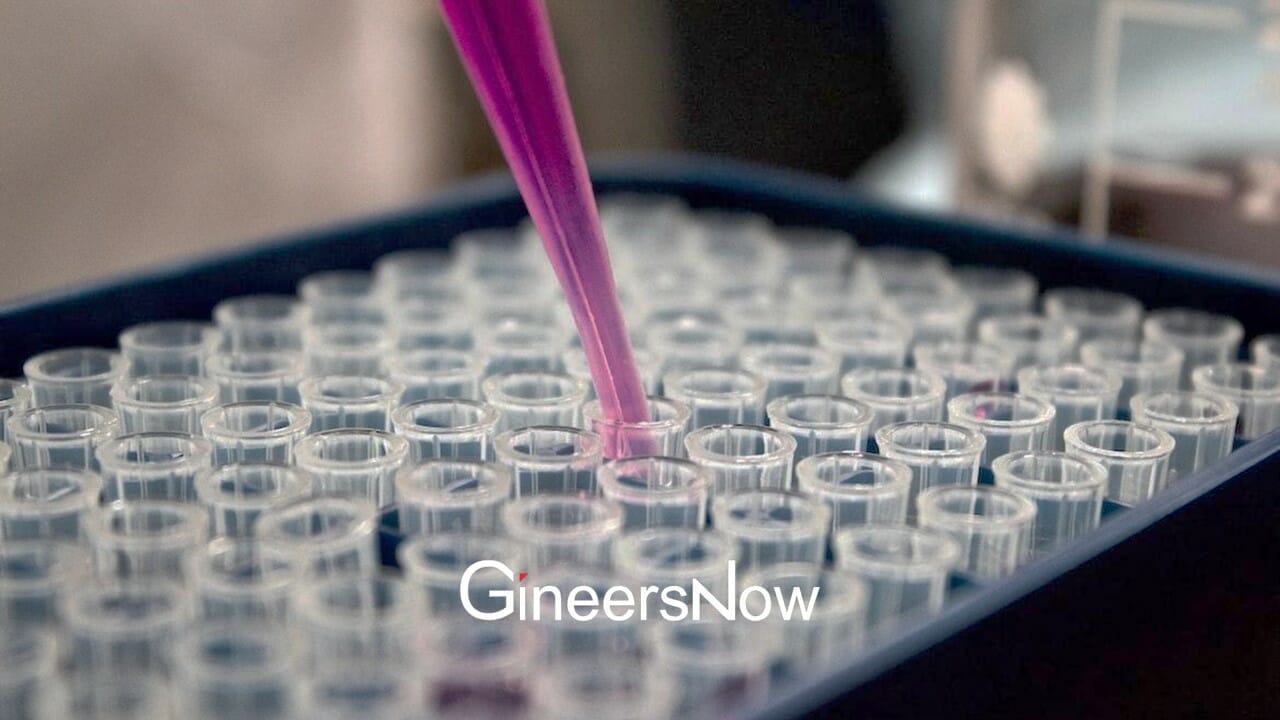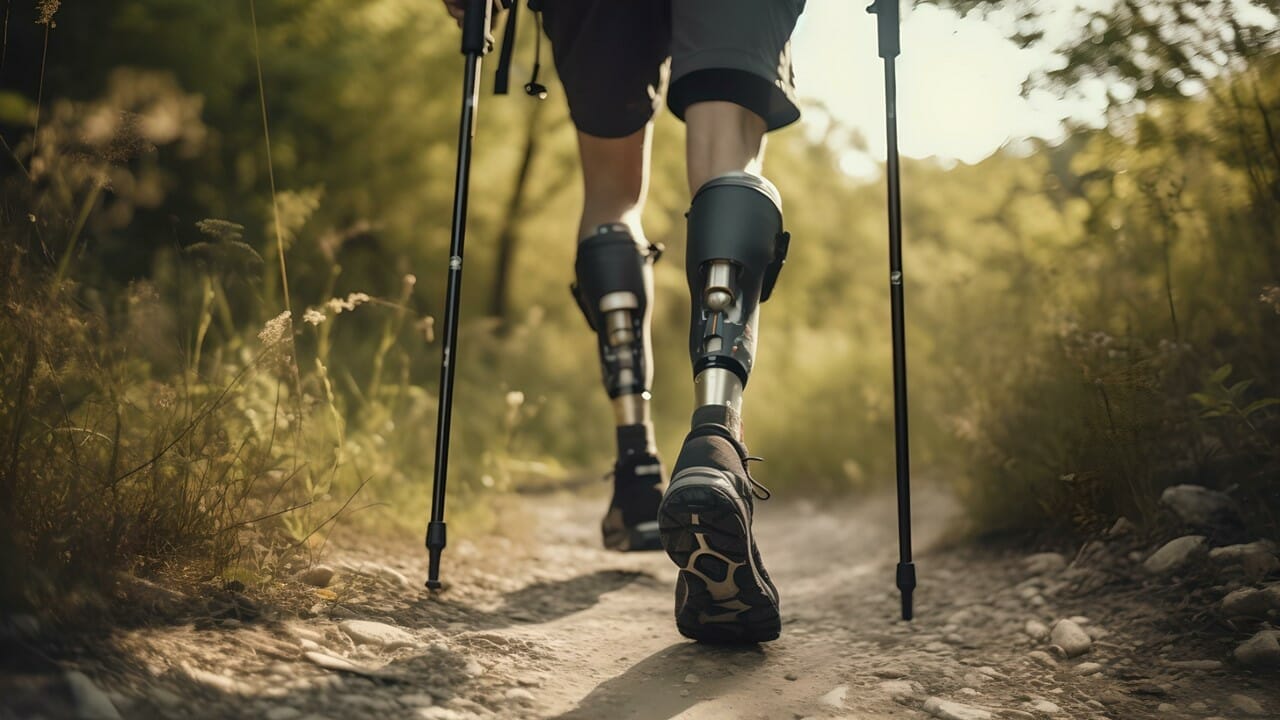Therapy for Eating Disorders
Eating disorders are mental illnesses that can be dangerous and can affect our physical and mental well-being. However, therapy can sometimes be an effective component of the overall treatment for anorexia, bulimia, or binge eating. BetterHelp.com can get you in touch with a therapist online in a short period of time so you can get the help you need today.
Since your body requires sufficient nutrition to survive and function then eating disorders can negatively impact your gastrointestinal tract, reproductive system, bones, heart, and kidneys. There are several different methods that can all be used to treat eating disorders. More than one of these methods is often used simultaneously.

Cognitive Behavioral Therapy
Cognitive-behavioral therapy, CBT, focuses on behaviors, emotions, and thoughts that are associated with the eating disorder. A therapist can use this behavior to work on improving your thought patterns. This can lead to healthier behaviors. A therapist may also help you recognize unhealthy thoughts or feelings so that you can evaluate and change them.
CBT can help you identify beliefs related to food, weight, body shape, appearance, and other factors that are associated with your eating disorder. Then, you can learn new techniques to manage your unhealthy behaviors and thinking. CBT is used for numerous mental health conditions, so you may also notice an improvement in symptoms related to depression, anxiety, or other issues.
Interpersonal Psychotherapy
Interpersonal psychotherapy, IPT, is used in the treatment of eating disorders by examining the disorder in relation to your relationships. Different areas are examined so that you and your therapist can identify their connection with the eating disorder.
Your therapist will likely look like any missing fulfilment or elements with your interpersonal relationships. These relationships include friends, romantic interests, and family members. You may also look at the difference between you and the other people in your life. This is called role disputes and it is important to look at the expectations of others that are associated with you.
Your therapist will also look at role transitions which are related to any large changes in your life. Finally, any grief or trauma will also be examined to see if there is any association with the eating disorder. Then, the therapist can help you reduce symptoms and improve your health by helping you cope with these underlying issues.
Dialectical Behavior Therapy
Dialectical behavior therapy, DBT, has a focus on emotion management. In DBT, you will learn new skills and how to apply them to your life. This can help you change your unhealthy behaviors that are related to your eating disorder. DBT can help you improve your social skills, expression, openness, coping skills, and mindfulness. Research indicates that these techniques may be helpful in the treatment of anorexia.
Acceptance and Commitment Therapy
Acceptance and commitment therapy, or ACT, focuses on altering your actions instead of focusing on your thought patterns. Your therapist will likely assist you in examining yourself and your values in order to develop healthy goals. You and your therapist will strive to accept all of your feelings, even discomfortable ones. Then, you can change your actions so that they fit your values and belief systems. Research is promising for effectively treating eating disorders with ACT.
Cognitive Remediation Therapy
This type of therapy known as CRT looks at your mental flexibility and is used to treat anorexia nervosa. In cognitive remediation therapy, you will move through different exercises that help to examine thinking patterns that coincide with the eating disorder. These exercises may involve different drawing methods, reading, navigation, and many other tasks. Additional research is needed to assess the benefits of CRT for the treatment of other eating disorders.
Family Therapy
Family therapy brings your family or household together. This is important for eating disorders because it provides you with a support system that can help you through your journey to healthy eating habits and improved mental health. In addition, a therapist can work with you and your therapy to help you set targets and goals.
These goals may include meal planning and grocery shopping targets for nutritional eating. Family therapy often incorporates nutrition interaction and times eating together that may have been pushed aside.
Group Therapy
Group therapy refers to the meetings between people who have similar problems. This means that you would meet with other people that have eating disorders. This therapy would involve a therapist that can help the group move towards healthy behavior and to learn new skills.
Psychodynamic Psychotherapy
Psychodynamic psychotherapy aims to help you understand the underlying cause of the eating disorder. This means that you and your therapist will examine your values, motives, and internal conflicts. The principles of psychodynamic therapy focus on the idea that the symptoms of your eating disorder result from desires and needs that remain unresolved. Therefore, addressing these underlying issues can reduce your symptoms and your chance of relapsing back into unhealthy behaviors.
Nutrition Education
Nutrition education is usually provided by a dietician and can be an important component of your overall therapy. This education can help you learn the ways you should be eating for overall health.
Medication
Medication is often used in conjunction with therapy for eating disorders. Eating disorders commonly coincide with anxiety, depression, and other mental illnesses. Doctors may prescribe antidepressants, anxiolytics, or mood stabilizers. Additionally, medications are sometimes prescribed for the physical ailments that coincide with the eating disorder.
Final Thoughts
There are several types of therapies that may be effective for eating disorders and associated symptoms and behaviors. A therapist can work with you or someone you know to reduce symptoms associated with anorexia nervosa, bulimia, or other eating disorders. These types of disorders can be mentally and physically damaging so it is always a good idea to seek assistance from a mental health professional.














